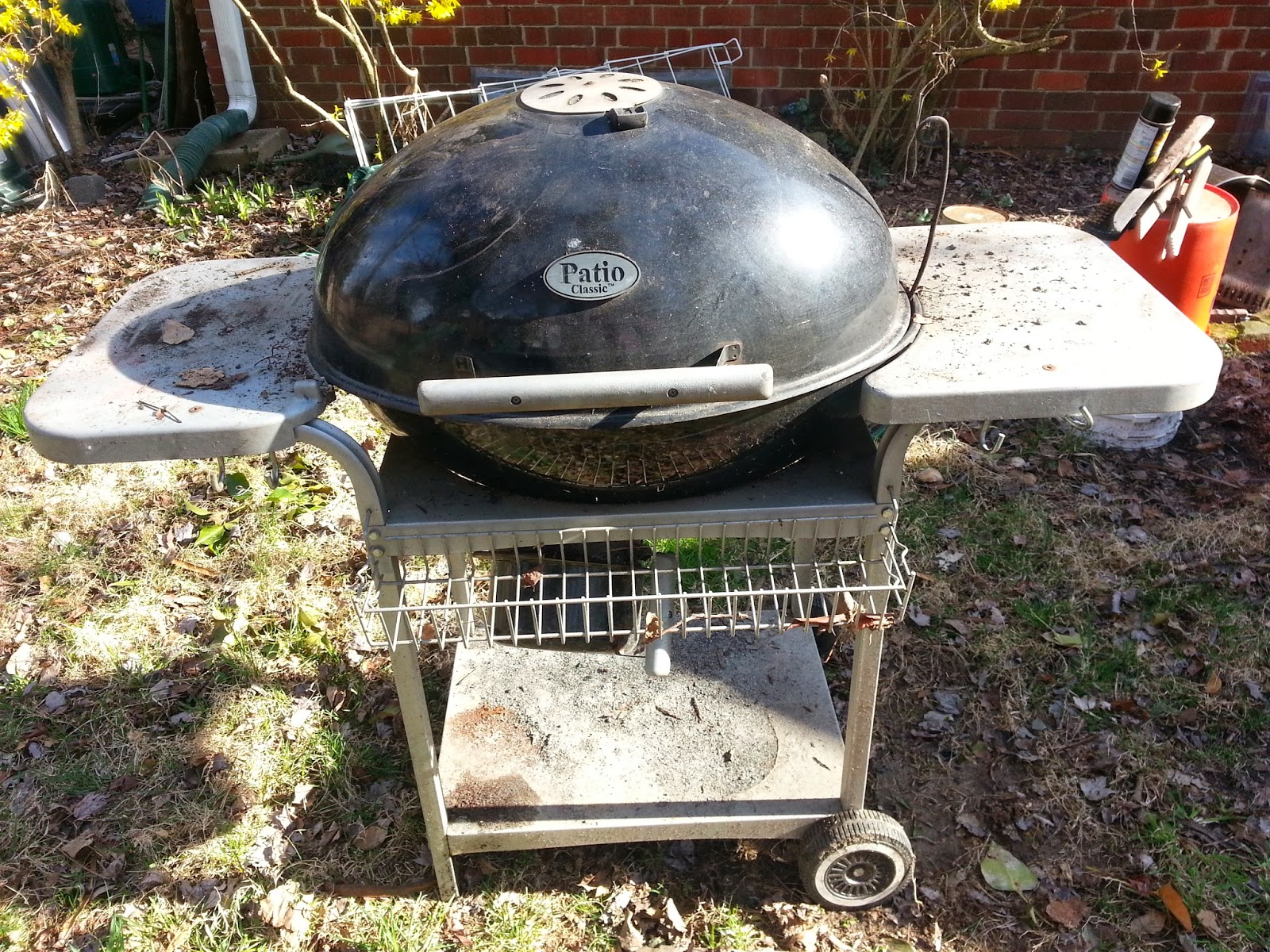Holidays that aren't
During a conversation with some co-workers yesterday, I came
to the realization that my world is a little different than others. My
girls and I celebrate Chinese New Year by going to the parade (fun!) and eating
Chinese food. We make latkes for Hanukkah (though we celebrate in no
other ways). We make cookies for Christmas. I grew up celebrating things
that others didn't - but I had no idea. Wikipedia knows about them (see
definitions below).
For example, until someone asked the question on Facebook, I
didn't know that Mischief Night wasn't celebrated all over the country. I
knew Detroit did it a little differently (read: scary!). But until the
question was asked, I hadn't thought of the fact that I've never seen a yard
here covered in toilet paper. Interesting.
The
separation of Halloween tricks from treats seems to have only developed
sporadically, often appearing in some areas but not at all in others nearby.[2] In Northern New Jersey's Bergen County, Essex County, Hudson County, Morris County, Passaic County, Somerset County, Union County, and parts of Sussex County, it is called "Mischief
Night". Also noted in Delaware. In some towns in Northern New Jersey, and
parts of New York State, it is known as "Goosey
Night". In South Jersey and the Philadelphia region (as well as Westchester County in New York andFairfield County in Connecticut), October
30 is referred to as "Mischief Night", where mischievous teens rub
soap bars on car windows, throw eggs at houses, adorn trees with toilet paper,
and run away after ringing doorbells. In some areas of Queens, New York,
Cabbage Night involved throwing rotten fruit at various neighbors, cars, and
buses. Pre-teens and teens would fill eggs with Neetand Nair and throw them at unsuspecting
individuals. In the mid-1980s garbage was set on fire and cemeteries were set
ablaze. In Camden, New Jersey, Mischief Night had escalated
to the point where widespread arsons were committed in the 1990s. Over 130 arsons were
committed in that city on the night of October 30, 1991.[3]
I also didn't know until I arrived here that Mardi Gras
didn't mean the arrival of Santa to most people. Growing up in Lansdale,
I sat through many, many very cold Mardi Gras parades on Main Street, waiting
for Santa. I have very happy memories of sitting with my mom and my
friends and a big thermos of hot chocolate under a blanket. I miss those
parades.
SATURDAY,
NOVEMBER 23rd @ 1:00 PM
The
63rd annual Mardi Gras Parade will be held downtown Lansdale on Saturday,
November 23rd. Parade starts at Main Street and Mitchell Avenue at 1:00
PM and travels east on Main Street to Park Drive.
I also didn't know that the world didn't celebrate Fasnacht
Day. Mmmmm......donuts! It's the beginning of Lent. But
apparently not nationally, though I did find fasnachts at the grocery store a
few years ago here. Actually, it wasn't fasncachts I found. It was
paczki. They still count.
Fasnacht,
Sometimes spelled Fastnacht, Faschnacht, Fosnot, Fosnaught, Fausnaught, is
an English name for a fried doughnut served traditionally in the days of Carnival /
Fastnacht or on (Shrove Tuesday), the day before Lent starts.
Fasnachts were made as a way to empty the pantry of lard, sugar, fat, and butter, which
were traditionally fasted from during Lent.[1][2][3]
The Pennsylvania Dutch in the area
surrounding Lancaster, Pennsylvania celebrate
Fastnacht as well. Most chain supermarkets in eastern Pennsylvania offer
fasnachts, although WalMart offers Pączki instead.
Pączki are traditionally eaten in Poland on the Thursday prior to Fasnacht Day,
although in Polish communities of the US, the tradition is more commonly
celebrated on Fasnacht Day. Commonly pączki are round, rather than having
straight sides, and they are filled with jelly, or sometimes creme filling.[1][2][3]
In
parts of Maryland, the treats are called Kinklings, and are only sold in
bakeries on Shrove Tuesday. The German version is made from
a yeast dough, deep fried, and coated or dusted in sugar or cinnamon sugar;
they may be plain or filled with fruit jam. Pennsylvania Dutch fasnachts can
often be potato doughnuts, and may be uncoated, dusted
with table sugar, or powdered with confectioner's sugar.[1][2][3]
The
term is synonymous with the Carnival season which is called Fasnacht in
southern Germany, Switzerland, Alsace and Austria. Although usually written
"Fastnacht", there are many local spoken varieties: Fasnacht,
Fassenacht, Fasnet etc.[1][2][3]
The
word Fastnacht originates from the German words "fast", which is the
shortened version of the verb "fasten", which means "to
fast", and "Nacht", meaning night, indicating the eve of the
traditional Lenten fasting period observed by many Christian denominations. It
is the equivalent celebration to Mardi Gras or Carnevale.
A friend told me that when she lived in Ohio, her friends
celebrated Sweetest Day. I've never heard of that.
Sweetest
Day is a holiday celebrated primarily in the Great Lakes region, and
parts of the Northeast United States, on the third Saturday in October.[1] It
is described by Retail Confectioners International as an "occasion which
offers all of us an opportunity to remember the sick, aged and orphaned, but
also friends, relatives and associates whose helpfulness and kindness we have
enjoyed."[2] Sweetest
Day has also been referred to as a "concocted promotion" created by the candy
industry solely to increase sales of sweets.[3] It
is also a day to bestow romantic deeds or expressions.[citation needed]
I wonder what other holidays I'm missing.

Comments
Post a Comment